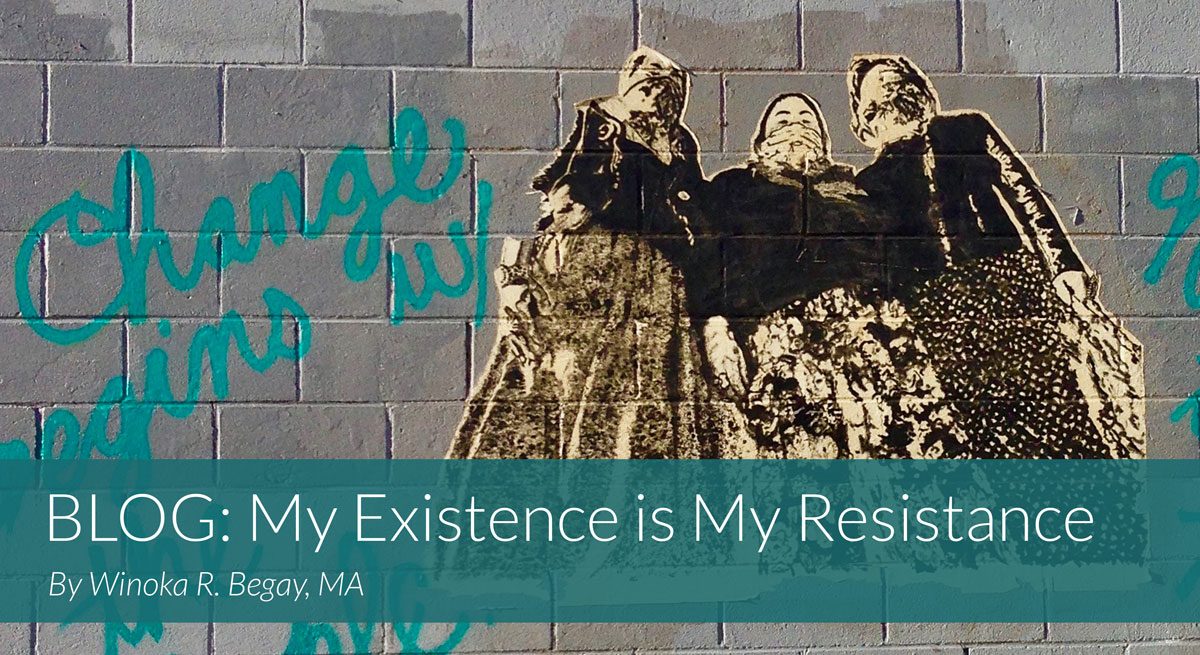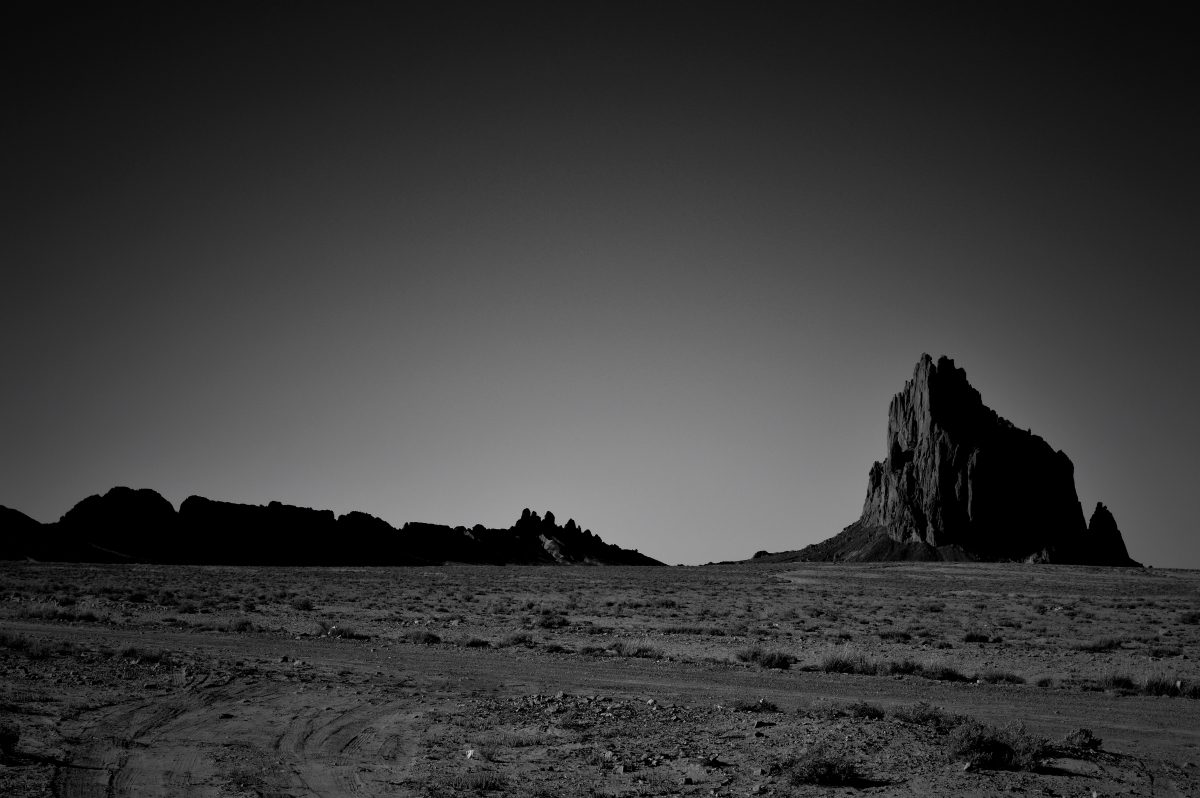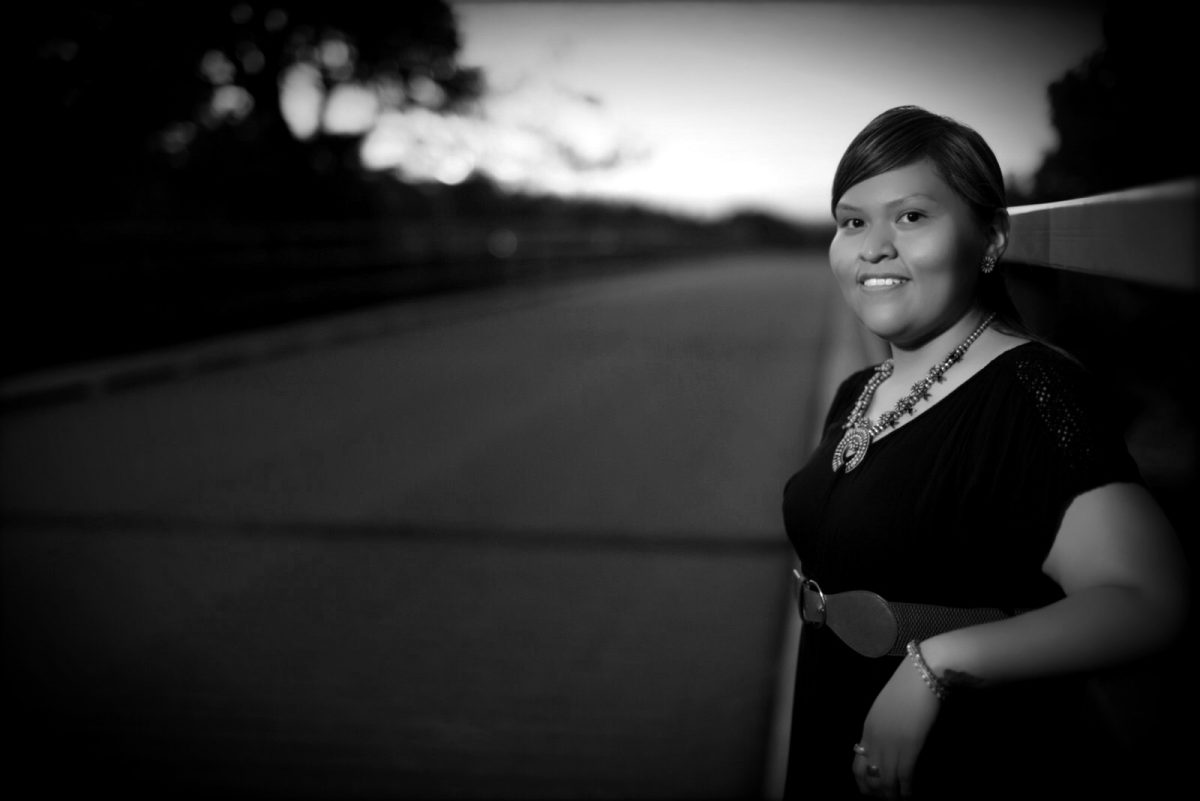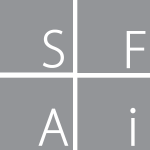
Photo By: Winoka Begay, Location: Shiprock, New Mexico, Title: “Change begins with the people, not the politicians”
By Winoka R. Begay, MA
“The fact is, not everyone shares the philosophy that shouting out loud is the best way to solve problems. Not all compassionate, caring people think burning cities or throwing rocks is going to bring necessary change. Many powerful, passionate people choose to pursue their activism more quietly, less conspicuously, and without announcement…” 1
A few months ago, I read an article in the Huffington Post titled, “Silence Isn’t Always Compliance…Sometimes It’s the Activism of Listening.” This article reflected upon the uproar of social activism in this nation; in response to such tragedies as Ferguson, the environmental justice movement of Standing Rock, and more recently the mass school shootings across America. Although social activism is nothing new to this country; it has become a frequent encounter on social media, pushing others to get involved and speak out.
Unfortunately, this has also led to others admonishing those who wish to respond in a different manner. I couldn’t tell you how many times I have been criticized for not physically participating in Standing Rock or standing up for missing and murdered Indigenous women at public protests. I often said nothing to defend myself, because I knew that whatever I would say would not be good enough. Although I do in fact consider myself an activist, I find that my philosophy in speaking out might be a little different.

Photo By: Winoka Begay, Location: Shiprock, New Mexico, Title: Shi Keyah “My Home” 2
In 2010, I was a master’s student at the University of Arizona majoring in Native American studies and linguistics, and taking classes that focused on American Indian law, social political issues, history, education, language, culture, and literature. Each graduate student was also required to take a research methods class as a part of their coursework, I took four. Each research methods course focused on standard approaches to research that utilized qualitative and quantitative research designs such as surveys, interviews, and observations. It was not until my last year at the University of Arizona that I took a participatory-action and community-based research course in the Teaching, Learning, and Sociocultural Studies department at the College of Education. This was my first introduction to the transformative approach of research justice.
Research justice is built upon the fundamentals of participatory-action and community-based research methods by centralizing community voices and community knowledge. Research justice prioritizes self-determination by empowering communities to recognize and build upon their own expertise in regards to knowledge production, while also obtaining full control over that knowledge.3 In brief, “research justice is achieved when marginalized communities are recognized as experts, and reclaim, own and wield all forms of knowledge and information.” 4 Types of research justice initiatives have included research on racial justice issues such as institutional and structural racism, toolkit development that assists tribal communities in using storytelling for cultural preservation, and campaign research to help grassroots organizations develop strategic campaigns for change.5
“Self- determination in a research agenda becomes something more than a political goal. It becomes a goal of social justice, which is expressed through and across a wide range of psychological, social, cultural and economic terrains. It necessarily involves the processes of transformation, of decolonization, of healing and of mobilization as peoples.” 6
Much of the research that I have done as an Indigenous scholar focuses on the individual’s personal and social history, through such methods as counter storytelling and ethnography. Counter storytelling stems from critical race theory (CRT) and is used as a “method of telling the stories of those people whose experiences are not often told” by allowing members of marginalized and oppressed groups to share their own stories as a way to heal from acts of historical oppression and victimization. A key component in counter-storytelling is utilizing the stories of people’s lives and communities as a context for social change.
In 2013, I conducted a one year research project that focused on the utilization of social media as a medium for knowledge production among urban Native youth. Data was collected through online observations that examined the types of content that were posted by Indigenous bloggers. Findings from this project indicated that blogs were used as primary sources of information for contemporary Indigenous issues; bloggers were discussing issues related to cultural appropriation in fashion and the media, advocacy initiatives in relation to social and political issues, and more lighthearted discussions around food identity and lifestyle choices. However, the overall initiative of most Indigenous bloggers is to utilize digital spaces to reclaim knowledge told from the lens of Indigeneity. The following websites are only a few blogs that create such spaces.
Indigenous Blogs:
Native Appropriations By: Adrienne Keene
www.nativeappropriations.com
Grownup Navajo By: Jaclyn Roessel
www.grownupnavajo.com
The Fancy Navajo, By: Alana Yazzie
www.thefancynavajo.com
Indigenous Goddess Gang
www.Indigeousgoddessgang.com
A Tribe Called Beauty
www.atribecalledbeauty.wordpress.com
Although the method of counter storytelling is not an approach well discussed in the field of academic research nor in the newly created field of research justice, I have learned to utilize counter storytelling as a platform for practicing research justice and as a way to restructure power relations in the research process. In tribal communities, the very definition of research is situated as a colonized form of thinking and is related to a history of assimilation, marginalization, and other historical and contemporary injustices. The very practice of research is not going to go away, as there is a need to embrace research and theoretical frameworks that go along with it; however, it is important to understand such approaches from an Indigenous worldview and utilize such tools for our own purposes as Indigenous people.
This brings me back to my original discussion about activism. Although I am not attending every protest and rally in the area, I have found a way to still involve myself in the discussion, through writing and teaching. Every lecture, workshop, seminar, classroom, and meeting I am invited to, I make sure to discuss the issues that are occuring in Indian country – and to let non-Native people know that Native Americans are still alive today, and we are indeed thriving in this world that doesn’t accept us. I respect and honor those who choose to actively resist, but for myself, my writing is my resistance, the teaching I do is my resistance, and at the end of it all, my existence is my resistance.

Photo by: B Spencer Photography, Title: Self-Portrait
Winoka Begay is a fourth year doctoral candidate in the Language, Literacy, and Sociocultural Studies program at the University of New Mexico with a graduate minor in museum studies. Her focuses are Indigenous education, identity studies, decolonial and critical race theory, museum interpretation, and art education. Of Diné (Navajo) heritage, Winoka Begay was born and raised on the Navajo reservation in Shiprock, New Mexico. She is a semi-fluent speaker of her Navajo language, an advocate for the sustainability and revitalization of Indigenous cultures and languages, and a strong supporter for the arts and arts education. Winoka currently holds two degrees; a Bachelor of Arts in Pre-Law and Native American Studies from the University of New Mexico and a Masters of Arts in American Indian Studies with a concentration in Indigenous education. Winoka currently works at SITE Santa Fe as an Indigenous Outreach Coordinator, in which she is responsible for connecting SITE with various Indigenous communities in the Southwest through art-related programming and outreach. Winoka is currently in the process of working on her dissertation research which aims to identify alternative and new representations of Indigenous identity from a decolonial perspective through storytelling and discussion, while also identifying how art-based practices impact the development of identity for Indigenous youth. Most of her work is directed toward young Indigenous people, as a means of helping them develop their own voice within their community, to establish a space for artistic and personal expression, and to inspire the youth to take action in their communities, whether that is through activism, policymaking, self- expression, or creating new learning opportunities for future generations
1 https://www.huffingtonpost.com/lorraine-devon-wilke/silence-isnt-always-compl_b_7260302.html
2 https://www.huffingtonpost.com/lorraine-devon-wilke/silence-isnt-always-compl_b_7260302.html
3 An Introduction to Research Justice.” 2013. Datacenter.org.
4 Research Justice: a Strategic Framework to Achieve Self-determination for Marginalized Communities.” 2010. Datacenter.org
5 Smith, L. T. (2013). Decolonizing methodologies: Research and indigenous peoples. Zed Books Ltd..
6 Solorzano, D.G. and Yosso, T.J. (2002). “Critical race methodology: Counter-storytelling as an analytical framework for education.” Qualitative Inquiry. P. 23-24.

 © Santa Fe Art Institute / Santa Fe, New Mexico /
© Santa Fe Art Institute / Santa Fe, New Mexico /